The Hellenistic schools: Philosophy as a guide to life
The Hellenistic period, spanning from the death of Alexander the Great in 323 BCE to the rise of the Roman Empire in the late 1st century BCE, was a time of profound intellectual, cultural, and political transformation. In this era, philosophy evolved from abstract metaphysical inquiry into a practical guide for living, as thinkers grappled with questions of human flourishing, ethical conduct, and the nature of happiness in a changing and often chaotic world. The philosophical schools of the Cynics, Stoics, Epicureans, and Pyrrhonists emerged as distinctive responses to these challenges, each offering a comprehensive framework for achieving a good life.
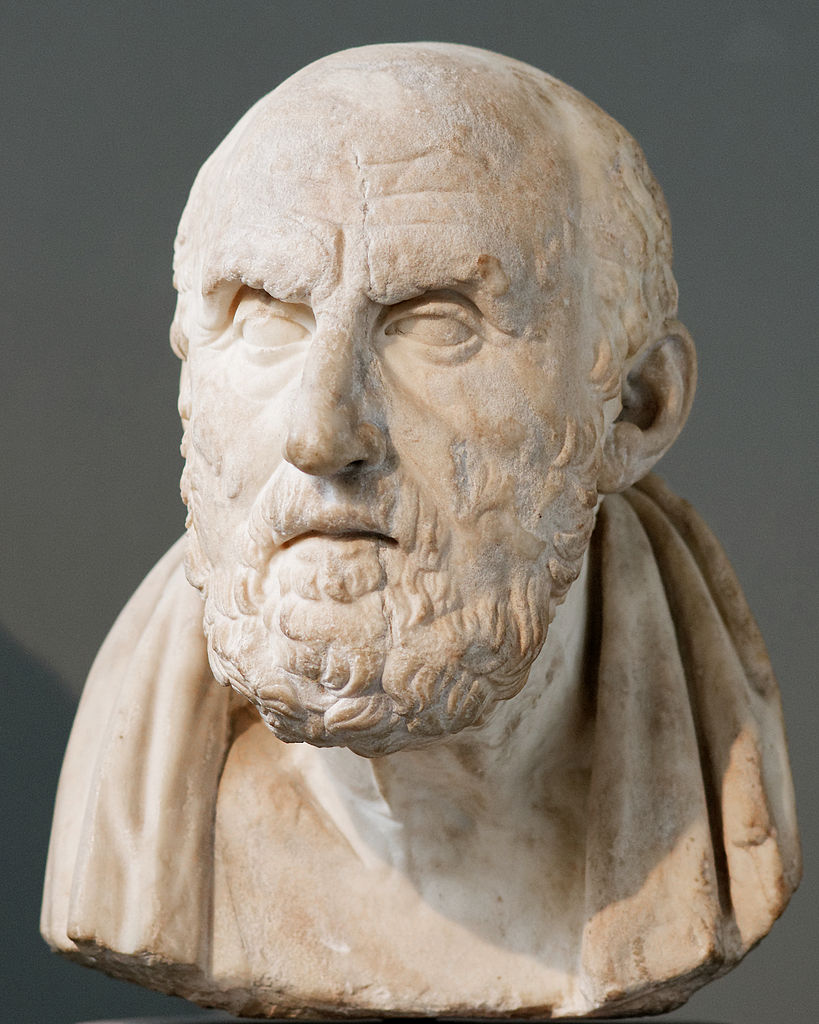
Chrysippus, the third leader of the Stoic school, wrote over 300 books on logic. Marble, Roman copy after a lost Hellenistic original of the late 3rd century BCE. Source: Wikimedia Commonsꜛ (license: public domain)
The context of Hellenistic philosophy
The Hellenistic period was marked by the dissolution of the traditional city-state (polis) as the central organizing principle of Greek society. The conquests of Alexander the Great and the subsequent establishment of vast, multicultural empires created a world characterized by political instability, cultural diversity, and shifting identities. Traditional forms of communal life and civic engagement were often replaced by more individualistic and cosmopolitan modes of existence, prompting a reevaluation of the role of philosophy in addressing personal and social concerns.
In this context, the Hellenistic schools turned their attention to questions of ethics, psychology, and human well-being. Their philosophies were designed to be practical and accessible, offering guidance for individuals seeking to achieve happiness (eudaimonia) and resilience in the face of external circumstances. Unlike the grand metaphysical systems of Plato and Aristotle, the Hellenistic schools focused on how individuals could live virtuous and fulfilling lives within the constraints of their environment.
The Cynics: Radical simplicity and freedom
The Cynics, inspired by the teachings of Socrates and founded by Antisthenes, represented the most radical critique of conventional values and societal norms. They sought to live in accordance with nature, rejecting wealth, power, and social conventions as artificial constructs that enslave the human spirit. [Diogenes of Sinope(/weekend_stories/told/2025/2025-01-04-cynics/), the most famous Cynic, exemplified this philosophy through his ascetic lifestyle, provocative behavior, and scathing critique of hypocrisy and materialism.
For the Cynics, virtue was the only true good, and the path to happiness lay in cultivating self-sufficiency (autarkeia) and freedom from external dependencies. By embracing simplicity and rejecting the distractions of worldly pursuits, the Cynics aimed to achieve a state of inner freedom and authenticity, living in harmony with their true nature.
The Stoics: Living in accord with nature and reason
The Stoic school, founded by Zeno of Citium in the early 3rd century BCE, developed a comprehensive philosophical system that integrated ethics, logic, and natural philosophy. The Stoics emphasized the importance of living in accordance with nature, understood as the rational and ordered structure of the cosmos. They argued that human beings, as rational creatures, have a unique capacity to align their will with the universal order, thereby achieving virtue and tranquility.
Central to Stoic ethics is the concept of apatheia, or freedom from destructive emotions, which the Stoics believed could be achieved by cultivating wisdom, self-control, and resilience. They distinguished between things within our control, such as our judgments and actions, and things beyond our control, such as external events and outcomes. By focusing on what is within their power and accepting the rest with equanimity, Stoics sought to attain a state of inner peace and freedom.
The Stoic worldview had a profound influence on Roman thinkers such as Seneca, Epictetus, and Marcus Aurelius, whose writings continue to inspire contemporary discussions of resilience, mindfulness, and ethical leadership.
The Epicureans: The pursuit of pleasure and the absence of pain
The Epicurean school, founded by Epicurus in the late 4th century BCE, offered a hedonistic philosophy that redefined the nature of pleasure and its role in human life. For the Epicureans, the highest good is ataraxia, or tranquility of the soul, which is achieved by maximizing pleasure and minimizing pain. However, they emphasized that true pleasure arises not from indulgence in sensual delights but from the absence of physical and mental disturbances.
Epicurus distinguished between natural and necessary desires, such as food and shelter, and vain or unnecessary desires, such as wealth and fame. By satisfying only the former and cultivating a simple and contemplative life, individuals could attain enduring happiness and freedom from anxiety.
Epicurean cosmology, based on the atomism of Democritus, rejected the idea of divine intervention in human affairs and the fear of punishment in the afterlife. This naturalistic worldview reinforced their emphasis on rational inquiry and the pursuit of a life free from fear and superstition.
The Pyrrhonists: Radical skepticism and suspension of judgment
The Pyrrhonian school of skepticism, founded by Pyrrho of Elis in the late 4th century BCE, offered a radically different approach to philosophy, emphasizing the limitations of human knowledge and the importance of suspending judgment (epoché). Pyrrhonists argued that definitive knowledge of the nature of reality is unattainable, as all beliefs and perceptions are subject to doubt and contradiction.
By suspending judgment and refraining from dogmatic assertions, the Pyrrhonists sought to achieve ataraxia, a state of mental tranquility that arises from freedom from the anxiety of trying to resolve insoluble questions. Their skepticism extended to all domains of knowledge, including ethics, metaphysics, and epistemology, challenging the certainty claimed by other philosophical schools.
Pyrrhonian skepticism influenced later philosophical traditions, including the works of Sextus Empiricus in antiquity and the revival of skepticism during the Renaissance and Enlightenment.
Shared themes and distinctions
Despite their differences, the Hellenistic schools shared several common concerns, reflecting the intellectual and cultural dynamics of their time. All sought to address the question of how to live a good and fulfilling life, emphasizing the cultivation of inner virtues and the importance of self-mastery in overcoming external challenges. They rejected the pursuit of wealth, power, and fame as distractions from true happiness and advocated for a life guided by reason, simplicity, and ethical integrity.
However, their methods and conclusions diverged significantly. The Cynics emphasized radical simplicity and defiance of social norms, while the Stoics pursued harmony with the rational order of the cosmos. The Epicureans prioritized the absence of pain and fear as the key to happiness, while the Pyrrhonists focused on achieving mental tranquility through suspension of judgment. These differences reflect the diversity of philosophical responses to the challenges of the Hellenistic world.
The Legacy of Hellenistic philosophy
The Hellenistic schools had a profound and enduring impact on the development of Western philosophy, influencing Roman thought, early Christian theology, and the intellectual movements of the Renaissance and Enlightenment. Their emphasis on practical ethics and the cultivation of the self resonates in contemporary discussions of well-being, resilience, and the art of living.
By addressing the existential concerns of their time, the Hellenistic schools demonstrated the capacity of philosophy to provide guidance and meaning in the face of uncertainty and change. Their teachings inspired individuals seeking to navigate the complexities life with wisdom, courage, and compassion.
References and further reading
- Hellmut Flashar, Michael Erler, Günter Gawlick, Woldemar Görler, Peter Steinmetz, Die Philosophie der Antike. Bd.4. Die hellenistische Philosophie, 1994, Schwabe, Aus der Reihe: Grundriss der Geschichte der Philosophie, ISBN: 9783796509308
- Long, A. A., Hellenistic Philosophy: Stoics, Epicureans, Sceptics, 1981, Bristol Classical Press, ISBN: 978-0715612385
- Sedley, D., The Cambridge Companion to Greek and Roman Philosophy, 2011, Cambridge University Press, ISBN: 978-0521775038
- Annas, J., The Morality of Happiness, 1995, Oxford University Press, ISBN: 978-0195096521
- Cooper, J. M., Pursuits of Wisdom: Six Ways of Life in Ancient Philosophy from Socrates to Plotinus, 2012, Princeton University Press, ISBN: 978-0691138602

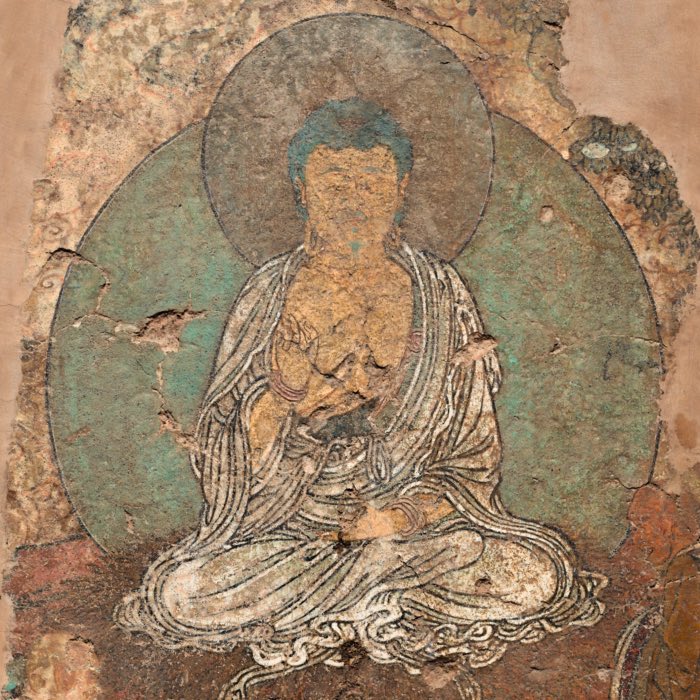



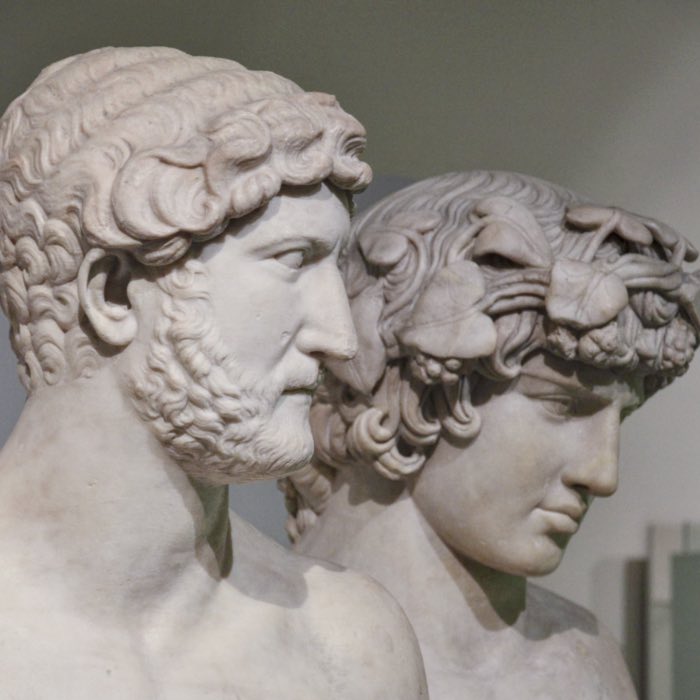
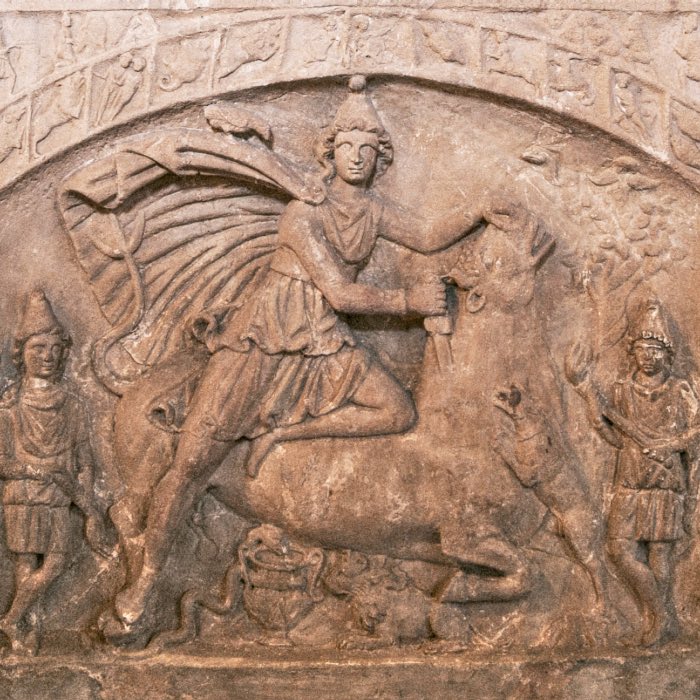
















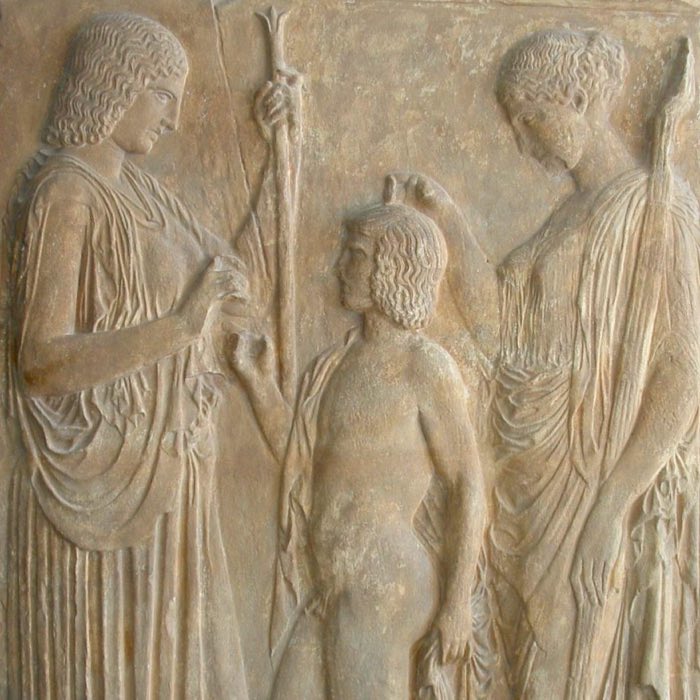
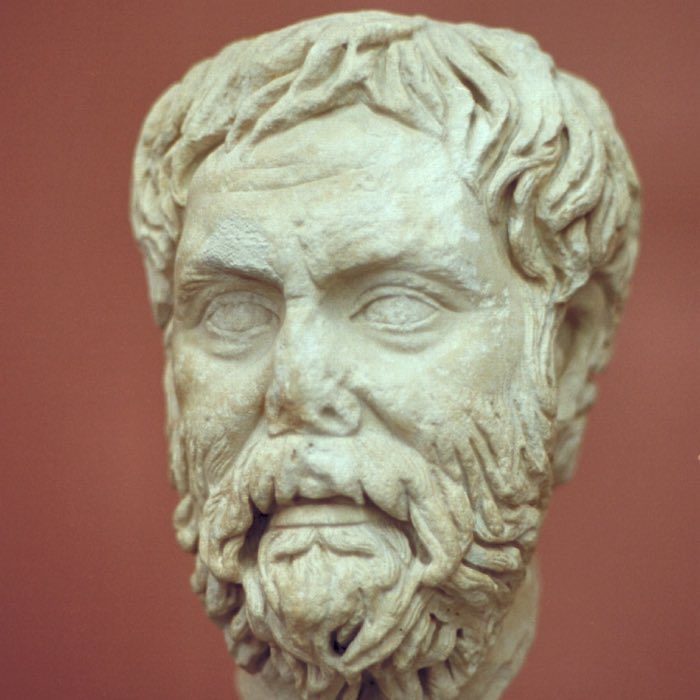
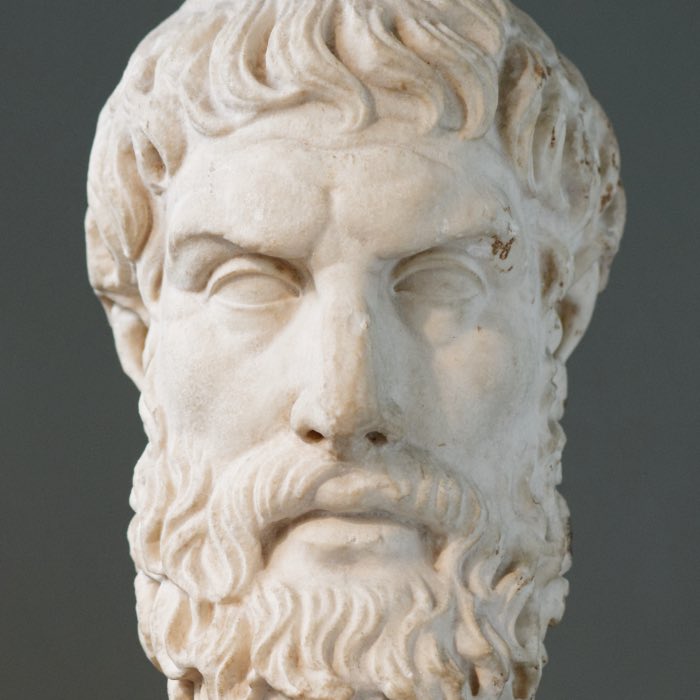


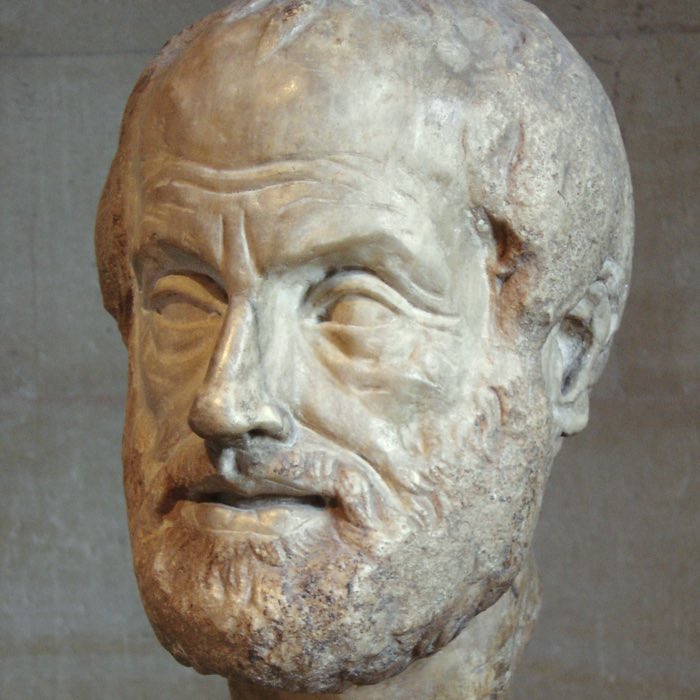
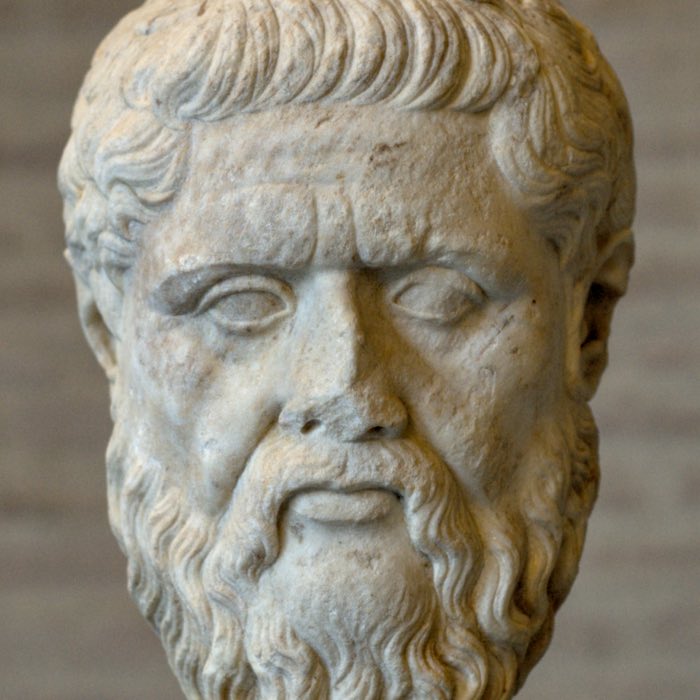
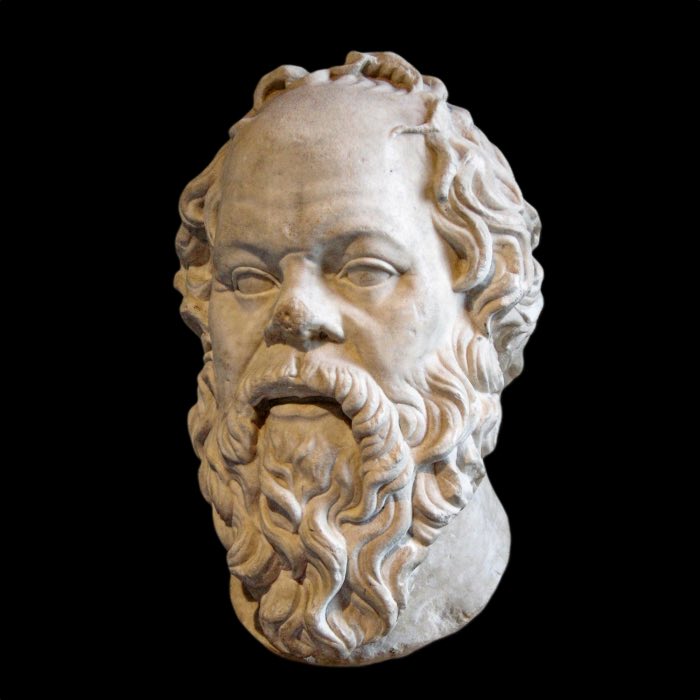
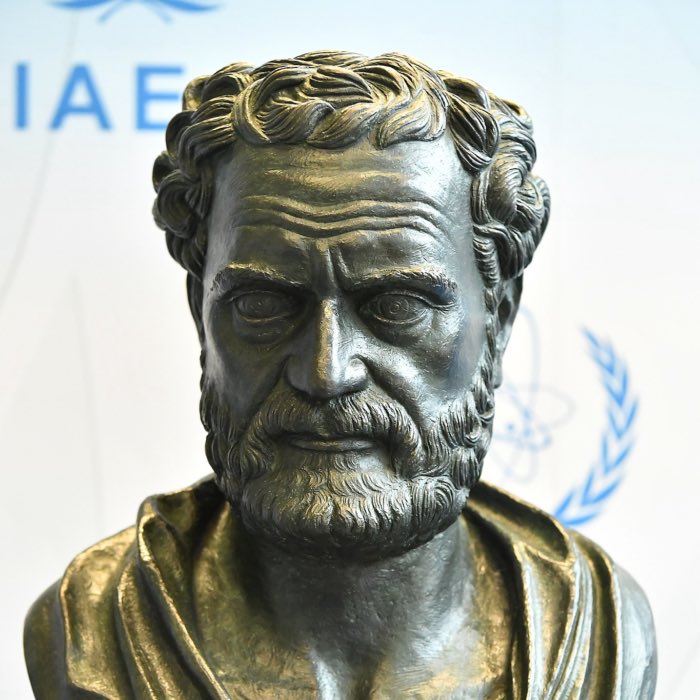
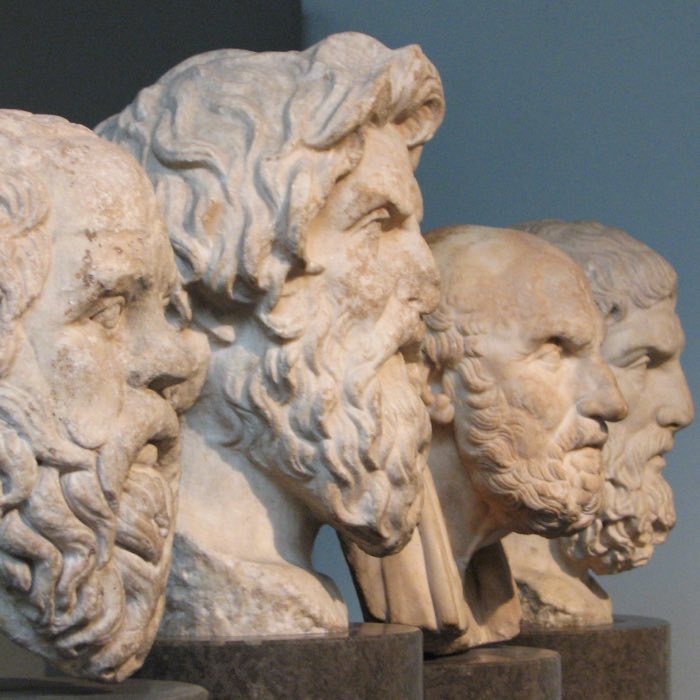









comments